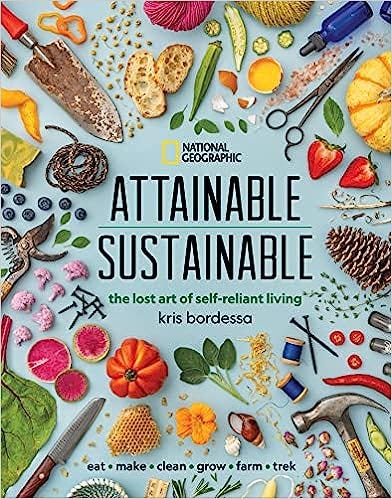I’m astonished at how little rainwater harvesting there is in a country (United Kingdom) known for its everlasting rain yet inflicting hosepipe bans every summer.
Gqeberha (formerly Port Elizabeth) a city in the Eastern Cape province of South Africa, of nearly two million people has been in a drought situation for nearly a decade. For the three decades I lived in my home there, I recall three major droughts.
On my small 900square meter property, I had installed five rainwater tanks totaling a storage capacity of 10 000 litres. This was purely for garden use. However, in dire circumstances I would use the water to flush toilets. In less dire circumstances I used grey water (bath and shower) to flush toilets. Mostly I used a bucket to pee in which I then filled with rain water from a tank and watered a shrub or two that needed extra care.
When my daughter came to live with me together with her husband, a teenager and a toddler she had to take even more drastic measures with water usage. Every drop of laundry water was saved for toilet flushing. The last rinse cycle was collected to use for the next wash cycle.
These measures were forced on us due to official bylaws in place restricting use. No more than fifty litres of water a day per person has been in effect for some time as well as no hosepipes to water gardens, wash cars et cetera. My best joy was to stand with a hose on a hot summer day!
Yet I did think I was an Earthchild… until I met Steve in the South Hams of Devon. There is frequently a hosepipe ban in Devon in the summer but Steve has such a heart for the environment and nature that he goes above and beyond adhering to that ban. His water saving practices are perennial.
Steve not only collects his shower water to flush the toilet (which is only flushed when very necessary) but also carries it downstairs to throw onto the garden. He collects every drop of water possible from kitchen use too (not the fatty bits) and takes it out to his tiny garden.
But wait… there’s more! Steve saves every throw out plastic bag (e.g. the bag lettuce comes in) and saves his food scraps in those instead of buying bags for lining his bins. He is fastidious about recycling, owns the smallest car, driving only when really necessary and refuses to buy anything with palm oil on the ingredients list. (Palm oil is a major driver in deforestation of biodiverse forests as you all may well know). And, naturally, he is also a vegetarian for ethical reasons.
What is your definition of “sustainable”?
The word has become trendy and used for various agendas like
climate change,
ending poverty or
achieving gender equality
(a few of the 17 sustainable development goals of the UN).
Previous generations followed the guidelines of sustainability before the word became vogue. Just as previous generations practiced natural organic gardening before it became almost obsolete and reintroduced vaguely resembling what it once was. Just as previous generations practiced attachment parenting before it needed a label as such.
Sustainability simply stated: take only what you need (so that what you leave is capable of continuing to exist). The original people of America had this maxim: “Take only what you need and leave the land as you found it.”
We’ve become a generation lazy, indulgent and limp. Let’s man up (or is that expression taboo now?) and take more care.
Live well and find the happy,
Merryl @ GreenSmoothie.com
P.S. Kris Bordessa makes earth-friendly living fun. She will help you recover the lost art of self-reliant living.
Did a friend give you this? To receive your own Free newsletters and ebooks to support your healing journey…
Disclaimers: required by US FDA (Food + Drug Administration) and US FTC (Federal Trade Commission): This newsletter is for information only and is not medical advice. Commission may be earned on product links if a purchase is made. Thank you for your support!



